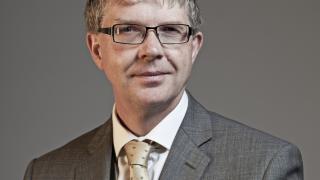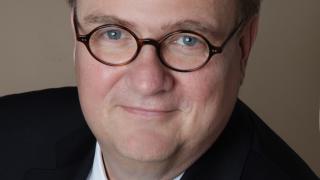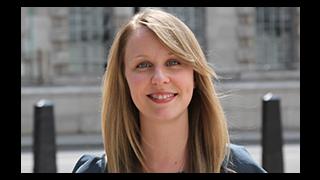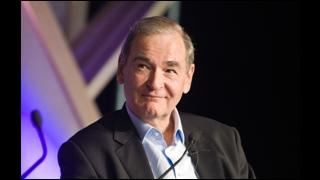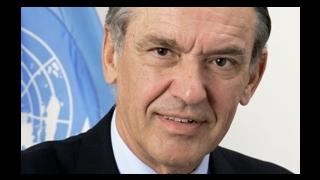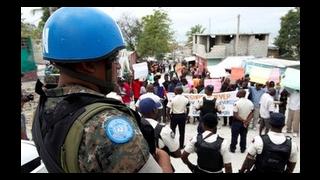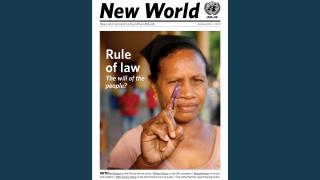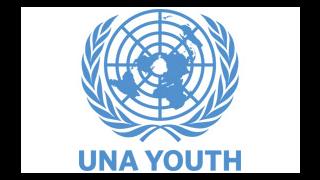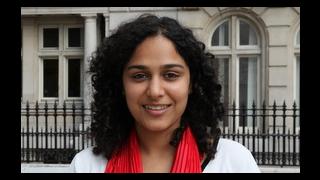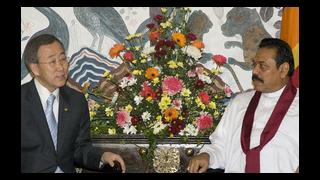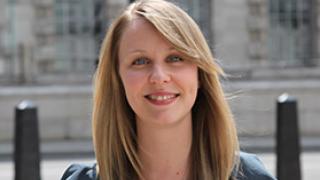
Ever since the UN Charter and the Universal Declaration of Human Rights, the United Nations has been at the heart of shaping and defining the rule of law. More recently, the concept has seemingly become a regular feature on the international community’s agenda.
In 2000, member states signed the landmark Millennium Declaration, which stated that the promotion of democracy and strengthening of the rule of law was crucial to achieving the UN’s lofty aims. This year’s report of the High-Level Panel on the Post-2015 Development Agenda has placed renewed emphasis on these themes as a key facet of sustainable development.
But what do we really mean by the rule of law and who is responsible for its implementation? As Sir Jeremy sets out opposite, there is no easy answer to these questions. One of the most high profile examples of efforts on the global level to uphold the rule of law is the International Criminal Court (ICC).
Created 15 years ago to hold individuals to account for genocide, war crimes and crimes against humanity, the Court continues to face difficulties. In New World online, Mark Kersten looks at the Court’s cases surrounding the post-election violence in Kenya in 2007/8, and its troubled relationship with other African states.
It is important to remember that the ICC operates under the principle of ‘complementarity’, which means that the primary responsibility for the pursuit of justice lies with the state. How best to do this is not merely the concern of conflictaffected or developing countries; Western governments also grapple with rule of law issues. Observers in the UK will have noted the heated debates in recent months over the Ministry of Justice’s proposed changes to legal aid, the government’s so-called ‘secret courts’, and the UK’s often testy relationship with the European Court of Human Rights.
The UN too faces its own accountability questions. As our feature explores on page 16, although the UN has made some headway in how it deals with individual staff members who have committed offences, much more remains to be done to address the challenges raised by accusations against the UN as an institution.
Despite this, the UN remains central not only to efforts to promote the principles of good governance, rule of law and democracy, but also to putting them into practice. This issue of New World seeks to cover just some of the many ways in which the UN does this.
The essay from Deputy Secretary- General Jan Eliasson (page 12) provides a broad overview of the UN’s role, whilst pages 10–11 provide a closer look at the International Court of Justice, better known as the ‘World Court’. On page 8, Malcolm Evans explains why upholding the absolute ban on torture is so important, and on page 9, Richard Dictus shares the experiences of the UN Volunteers paving the way to democracy all over the world.
As Jan Eliasson says in his essay, “every organisation and actor has a role”. At UNAUK we campaign for effective international laws and institutions. On page 24, Trevor Evans reports on the passing of the Arms Trade Treaty in April: a success story for civil society and international law alike.

